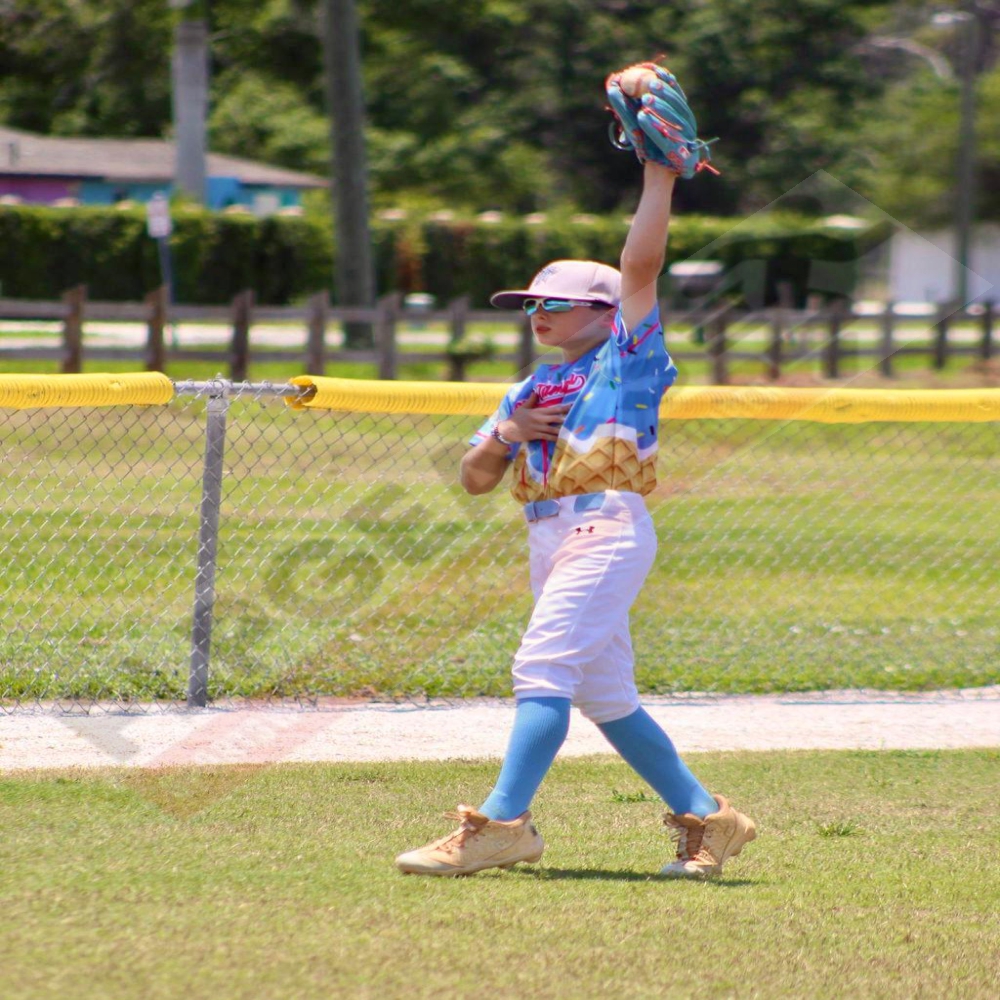Youth sports can be an enriching experience for children, offering opportunities to develop physical skills, confidence, teamwork, and resilience. However, one issue that continues to plague the world of youth athletics is negative parental involvement. Whether it’s yelling from the sidelines, criticizing coaches or referees, or placing undue pressure on young athletes, toxic parental behavior can undermine the very benefits sports are supposed to offer.
In this blog post, we will explore how to recognize negative parental involvement in youth sports, understand its effects, and learn effective strategies for coaches, league organizers, and other parents to manage and redirect it toward a more positive impact.
What is Negative Parental Involvement?
Negative parental involvement refers to actions by parents that disrupt the youth sports environment, demoralize players, or create conflict with coaches, referees, or other parents. Common examples include:
- Yelling at children during games or practices
- Publicly criticizing referees or coaches
- Forcing children to play through injuries or burnout
- Living vicariously through their child’s achievements
- Pressuring children to win at all costs
- Exhibiting aggressive behavior toward other parents
While many parents have the best intentions, their passion can sometimes cross the line, negatively impacting their child’s experience and team dynamics.
Why It Matters: The Impact on Young Athletes
Children are highly impressionable, and negative parental behavior can have serious long-term consequences. Here are some key ways it can affect young athletes:
- Increased Anxiety and Stress: Overly critical or high-pressure behavior from parents can lead to performance anxiety, taking the joy out of the game.
- Decreased Confidence: Children who are constantly corrected or belittled may start to doubt their abilities, impacting both sports and other areas of life.
- Burnout and Quitting: When the pressure outweighs the fun, kids often lose interest and drop out of sports altogether.
- Damaged Relationships: Parental negativity can create tension with coaches, teammates, and even between parent and child.
Creating a positive sports environment is essential for fostering long-term participation and emotional well-being in young athletes.
Signs of Negative Parental Involvement
Being able to recognize problematic behaviors is the first step toward addressing them. Some red flags include:
- A parent regularly shouting instructions from the sidelines
- Visible arguments with coaches or referees
- A child looking anxious or reluctant to attend practices
- A parent rehashing every play or mistake after the game
- The use of shame or guilt when discussing performance
By identifying these behaviors early, coaches and league organizers can take proactive measures.
How Coaches and League Officials Can Respond
If you’re a coach or sports administrator, you have a key role in setting the tone and culture for your team or league. Here are actionable strategies to address and manage negative parental involvement:
1. Set Clear Expectations Early
Hold a preseason meeting or orientation to outline acceptable behavior. Provide a written code of conduct that all parents must sign. Make sure to cover:
- Sideline etiquette
- Communication protocols
- Sportsmanship expectations
- How and when to approach coaches with concerns
When everyone starts on the same page, there’s less room for confusion or inappropriate conduct.
2. Encourage a “Let the Kids Play” Mindset
Remind parents that the field or court is a learning space for their children, not a professional stage. Encourage them to cheer supportively and avoid giving instructions. Positive reinforcement goes a long way in fostering a supportive environment.
3. Offer Parent Education Workshops
Organize brief educational sessions or send out resources on child development, emotional intelligence in sports, and the importance of intrinsic motivation. This can help shift focus from winning to growth and learning.
4. Address Issues Privately and Respectfully
If a parent steps out of line, address the situation promptly but privately. Use a calm, professional tone and refer back to the agreed-upon code of conduct. Make it clear that maintaining a positive environment is non-negotiable for the benefit of all players.
5. Enforce Consequences if Necessary
In cases of repeated or severe behavior, be prepared to take action. This could include warnings, temporary suspension from games, or even banning the parent from attending events. Make sure disciplinary steps are clearly defined in your league’s policies.
How Parents Can Stay Supportive and Constructive
Parents play a crucial role in shaping their child’s sports experience. Here’s how to be part of the solution:
1. Focus on Effort, Not Outcome
Praise your child’s hard work, dedication, and improvements rather than wins and stats. Emphasize the lessons learned, like teamwork and perseverance.
Example: “I loved how you hustled back on defense today!” instead of “You should’ve made that shot.”
2. Let Coaches Coach
Resist the urge to give your child strategic advice or criticize their coach. Mixed messages can confuse young athletes and erode respect for authority figures.
3. Be a Role Model
Demonstrate good sportsmanship at all times. Applaud both teams, support referees, and manage your emotions. Children learn more from what you do than what you say.
4. Encourage Open Communication
Create a safe space for your child to talk about their sports experiences. Ask open-ended questions like:
- “What was your favorite moment in the game today?”
- “What’s one thing you learned at practice?”
This builds trust and emotional resilience.
5. Know When to Step Back
If your child is showing signs of stress or burnout, it may be time to reevaluate. Let them take a break or try a different sport. Their emotional and physical health should always come first.
Conclusion
Youth sports should be a platform for growth, joy, and learning—not a source of stress or conflict. Negative parental involvement can derail that purpose, but with awareness and proactive strategies, it’s possible to turn things around.
Coaches, leagues, and parents must work together to foster a positive environment that puts children’s well-being first. By promoting respect, encouragement, and balance, we can ensure that young athletes not only develop their athletic skills but also grow into confident, resilient individuals both on and off the field.
Let’s cheer louder for effort than for outcomes, and remember: the goal isn’t just to raise athletes—it’s to raise great humans.
If you found this blog helpful, share it with your coaching team or sports parent group to help create better youth sports environments for all kids!











